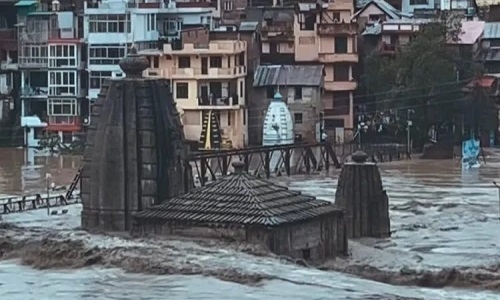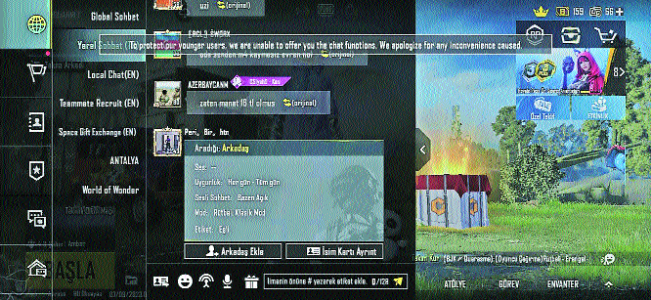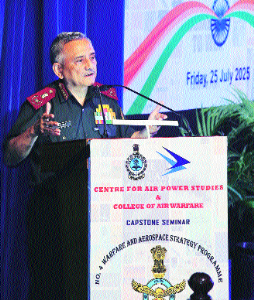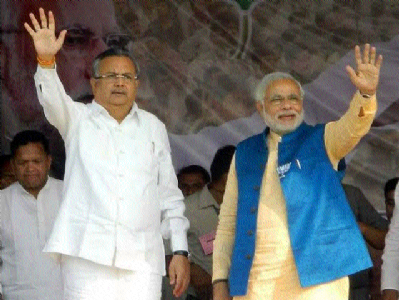Mandi’s Panchvaktra temple withstands worst natural calamity
| Date :15-Jul-2023 |

MANDI,
CALL it a miracle or an architectural marvel, the Panchvaktra temple, dedicated to Lord Shiva and known for stone carvings, in Himachal Pradesh’s historical town, known as Chhoti Kashi, standing tall after flash floods triggered by heavy monsoon rain. After remaining firm amidst the swollen Beas river that saw several flash floods in its catchment, which swallowed scores of modern concrete structures between Manali and Mandi towns, the 16th century temple built on heavy rocks has emerged as the water level receded. The temple is situated at the confluence of the Suketi and Beas rivers. Believers say this reminds them of the Kedarnath temple that stood tall amidst the 2013 floods in Uttarakhand. Geological experts told IANS that heavy floods could not damage the foundation of the Panchvaktra temple, an Archeological Survey of India (ASI) protected monument.
The temple is built in the typical Shikhara architecture style. According to legend, the Panchvaktra temple was restored by one of the erstwhile rulers of Mandi, Sidh Sen, who succeeded Gur Sen in 1678 AD, as it was damaged by floods. The main porch of the temple is supported by four carved pillars. Inside the temple, there is a huge statue of Lord Shiva. Temple priestsaid that after the water level receded, the temple had an accumulation of 12-13 feet of sand. “There was no damage to the statue of Lord Shiva. In fact, the entire statue of Nandi was blanketed by a 12-foot tall mound of sand. There was some damage to the outer boundary walls of the temple.”






